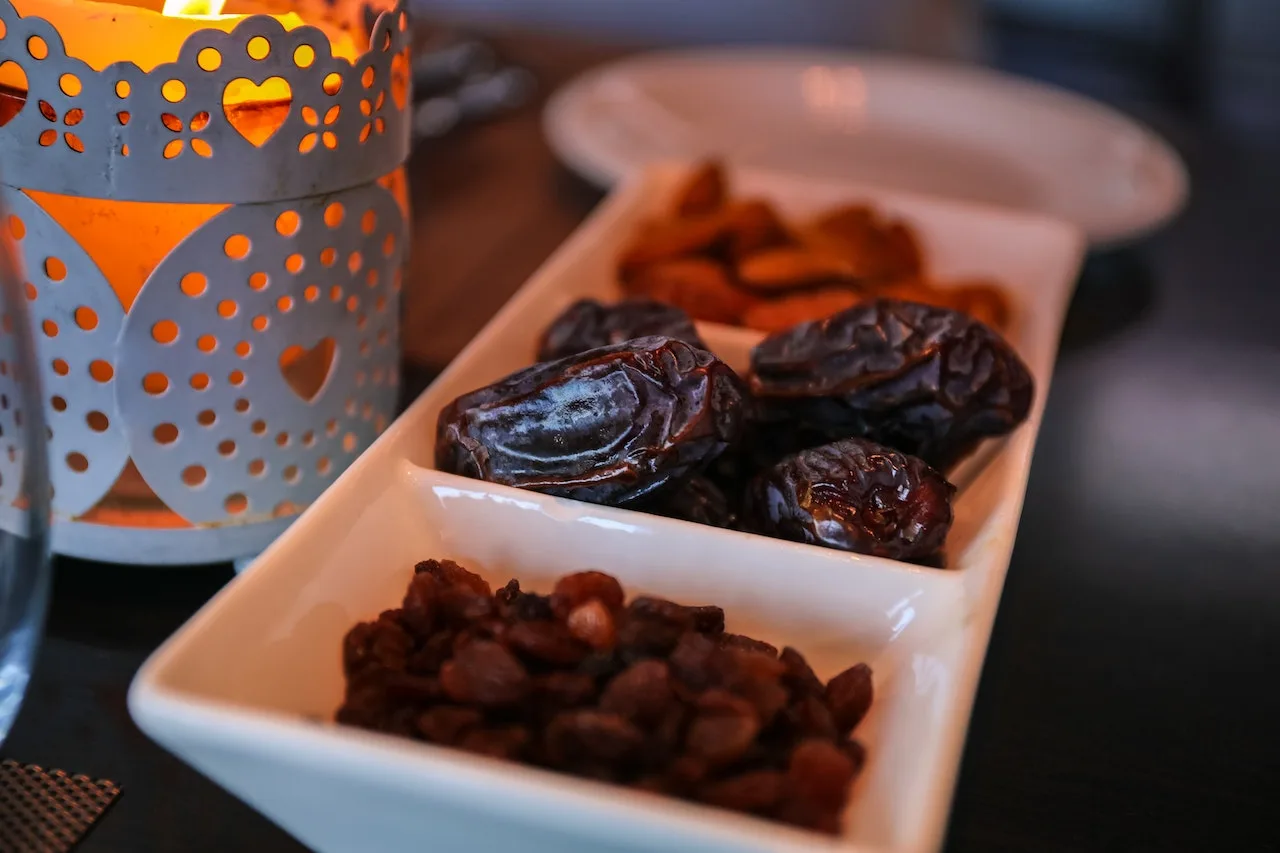Looking to lose weight during Ramadan? Achieve your weight loss goals and enjoy the spiritual benefits of Ramadan with our expert tips.
Ramadan is the holiest month in the Islamic calendar, observed by Muslims worldwide with fasting from dawn till dusk. It’s an excellent opportunity for people to adopt a healthy lifestyle and improve their eating habits. However, for those who are looking to lose weight, it can be a challenging task, as their eating habits may be disrupted.
This article will discuss an effective weight-loss diet plan you can follow during Ramadan to achieve your weight-loss goals.
Introduction to the Weight-Loss Diet Plan in Ramadan
The weight-loss diet plan in Ramadan involves making healthy food choices and adjusting your eating habits to maximize the benefits of fasting. The goal is to consume nutrient-rich foods that provide energy and nutrients to the body while helping to burn fat and lose weight.
Planning your meals carefully, eating mindfully, and avoiding overeating during non-fasting hours are essential to achieve this goal. Here’s a simple weight-loss diet plan you can follow during Ramadan:
Eat Suhoor – The pre-dawn meal
Suhoor is the pre-dawn meal that Muslims consume before starting their fast. It is an important meal that provides the energy and nutrients to the body to sustain throughout the day. The meal should contain complex carbohydrates, proteins, and healthy fats to keep you satiated for an extended period.
 Good options for Suhoor include:
Good options for Suhoor include:
- Oatmeal or other whole-grain cereals
- Whole wheat bread with eggs or cheese
- Greek yogurt with fruit and nuts
- Smoothies made with fruits, vegetables, and protein powder
To check out for some great recipes for Suhoor click here.
Break your fast with Dates and Water
Breaking your fast with dates and water is a traditional practice among Muslims. Dates are an excellent source of energy and nutrients, and water helps rehydrate the body after a day-long fast.
Consume a Balanced Iftar Meal
Iftar is the meal that Muslims consume after breaking their fast at sunset. Consuming a balanced meal with all the nutrients is essential to provide the body with the energy it needs to function correctly. The meal should consist of the following:
- Complex carbohydrates – Brown rice, quinoa, sweet potatoes, whole-wheat bread, etc.
- Proteins – Grilled chicken, fish, lean meat, legumes, etc.
- Vegetables – Salad, grilled or steamed veggies, etc.
Limit Your Intake of Fried and Processed Foods during Ramadan
Fried and processed foods are high in calories, unhealthy fats, and sugars. They can lead to weight gain and other health problems. During Ramadan, limiting your fried and processed foods intake is essential to achieve your weight loss goals.
Drink Plenty of Water in Ramadan
Staying hydrated during Ramadan is essential to maintain proper body function and prevent dehydration. Drinking plenty of water throughout the day can also help you feel full, which can prevent overeating during non-fasting hours.
Exercise Moderately
Exercising during Ramadan can help you maintain your weight loss goals and improve your overall health. However, exercising moderately and avoiding strenuous activities during fasting hours. Light exercises such as walking, yoga, and stretching are recommended. Click here to see how you can plan out for the workout sessions in Ramadan.
Conclusion
Losing weight during Ramadan can be challenging, but you can achieve your weight loss goals with the right mindset and a well-planned diet. The weight-loss diet plan during Ramadan involves making healthy food choices, eating mindfully, and avoiding overeating during non-fasting hours. With these simple tips, you can improve your eating habits, maintain a healthy weight, and enjoy the spiritual benefits of Ramadan.
